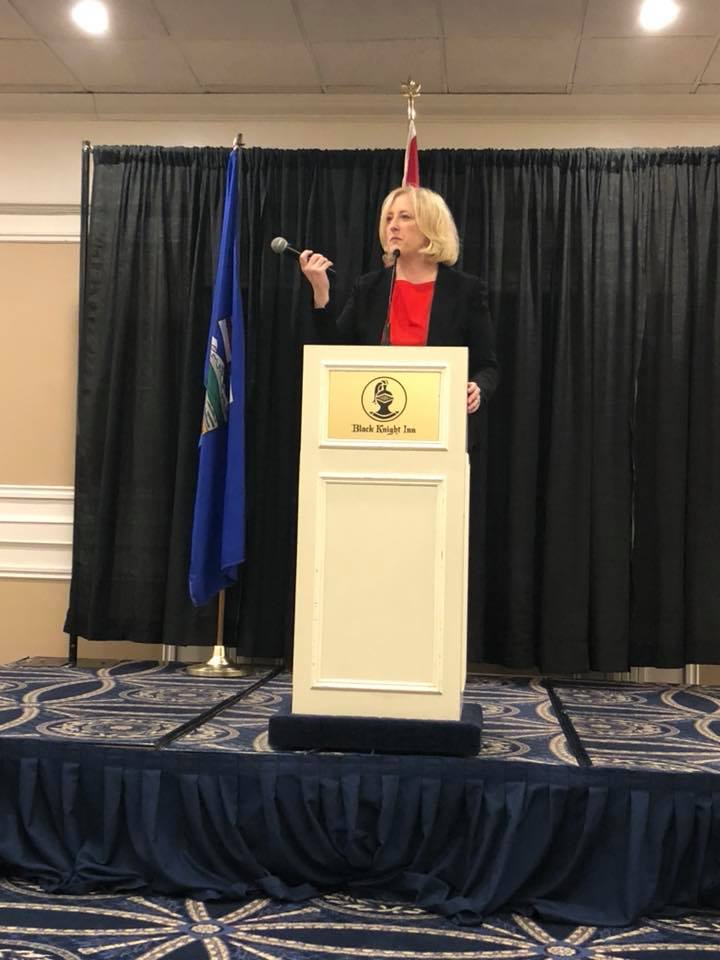
OTTAWA — The federal Conservatives say the New Brunswick election results have exposed vulnerabilities in the Liberals’ Atlantic Canada fortress — and they’re optimistic they can make a political comeback in the region in next year’s federal vote.
Conservative deputy leader Lisa Raitt says the results of this week’s provincial election show the Liberals don’t have a lock on any region, including Atlantic Canada, which the Liberals swept in the 2015 federal vote.
The New Brunswick election produced a narrow result between the Progressive Conservatives and the incumbent Liberals — the Tories won 22 seats and the Liberals 21. The Green party increased its seat count from one to three, while the People’s Alliance also saw three of its candidates get elected.
Raitt, who is originally from Nova Scotia, said the provincial results have given the Conservatives confidence.
“One piece of data that we did get out of the New Brunswick election is that we know that we can be competitive based upon the results they received in a lot of the ridings,” she said.
So far, three former Conservative MPs from Atlantic Canada are planning to take another run at their former seats: Rob Moore, John Williamson and Scott Armstrong.
The Tories have already nominated seven candidates in the region, but they say they will have a full slate of 32 candidates before the 2019 election.
Hamish Marshall, the Tories 2019 campaign chair, said the New Brunswick election results were a positive development because the provincial and federal parties have similar positions on key issues, such as their shared opposition to the carbon tax.
“Liberals won every seat there last time and they’re not going to do that again,” said Marshall.
Marshall said the Conservatives are feeling confident about former Tory strongholds like Fundy-Royal and New Brunswick Southwest, where the former MPs are hoping to make a comeback.
The Nova Scotia riding, Cumberland-Colchester, is also believed to be in play.
Liberal MP Bill Casey, who is a former Conservative, announced recently that he will not be seeking re-election. Casey faced off against Armstrong, a former colleague, in the last election.
Liberal party spokesman Braeden Caley said that while a new nomination process in Casey’s riding has not formally opened, the party has been approached by “talented community leaders” who are interested in running.
Other parties also made some progress in the recent provincial election.
Greg MacEachern, a Liberal strategist and senior vice-president of Proof Strategies, said the New Brunswick election result shows that disenfranchised New Democrat voters may not always turn to Liberals, they may vote Green.
“The results may be a bit of a warning to shore up support and make sure you’re giving people who are not voting NDP a reason to vote Liberal,” MacEachern said.
Meanwhile, Prince Edward Island remains a bit of a wild card.
The Conservatives have yet to nominate any candidates there, but Marshall said to expect some news soon.
And he says with the long-running clashes between former prime minister Stephen Harper and former Newfoundland and Labrador premier Danny Williams in the past, he believes the Tories’ chances should improve in that province, too.